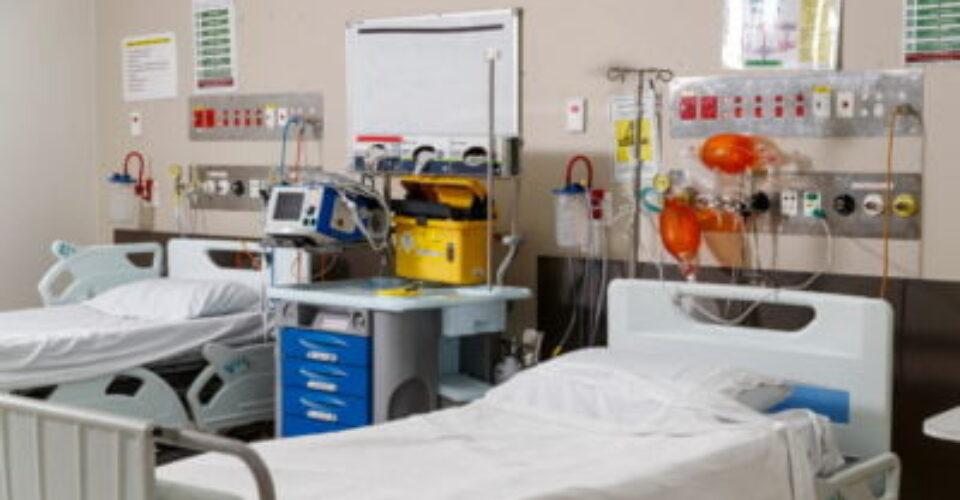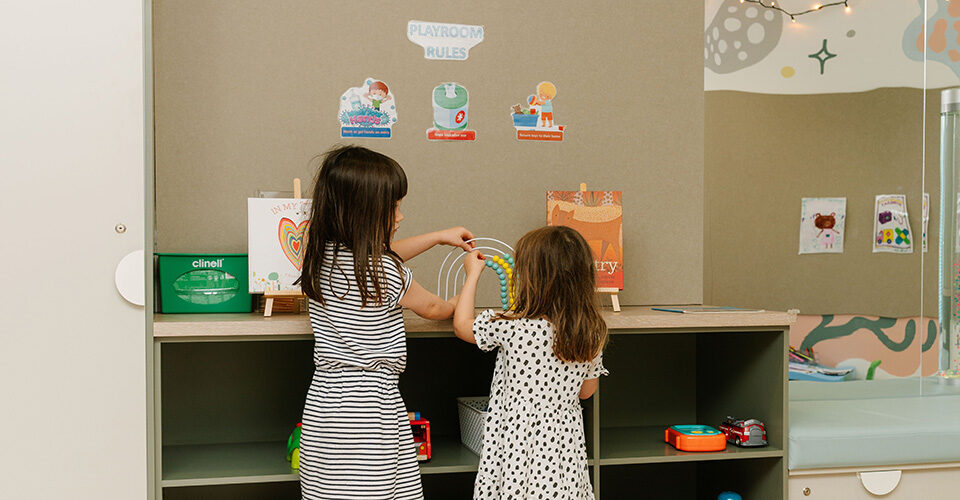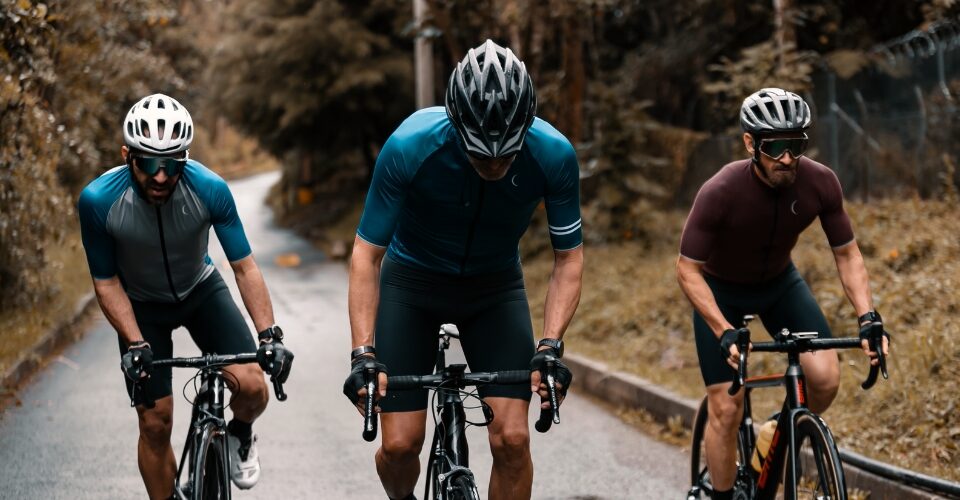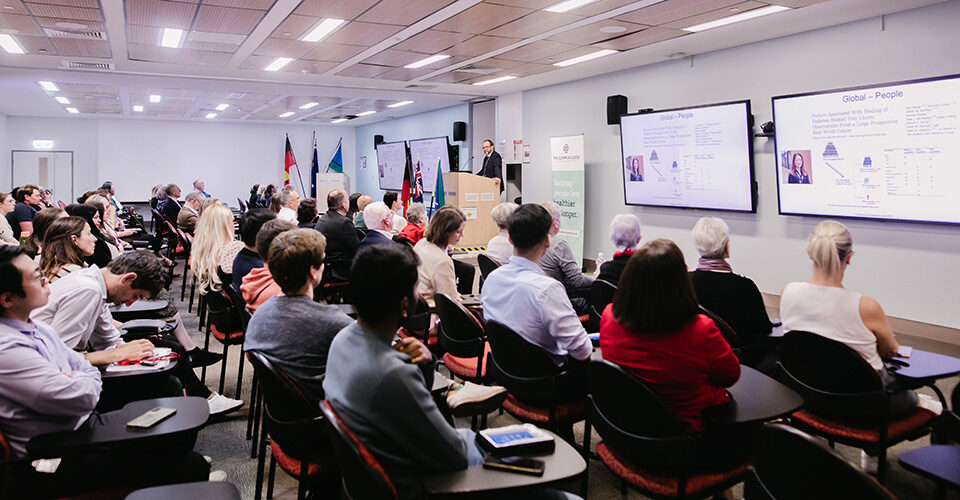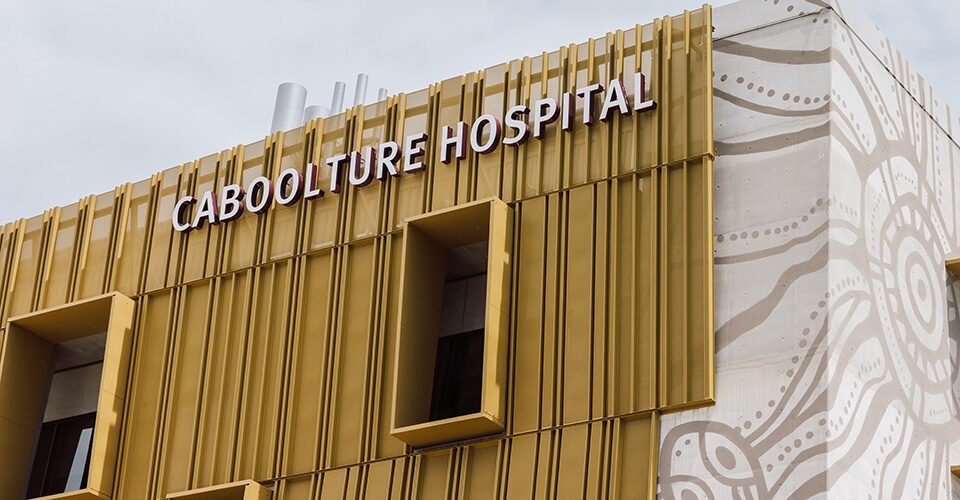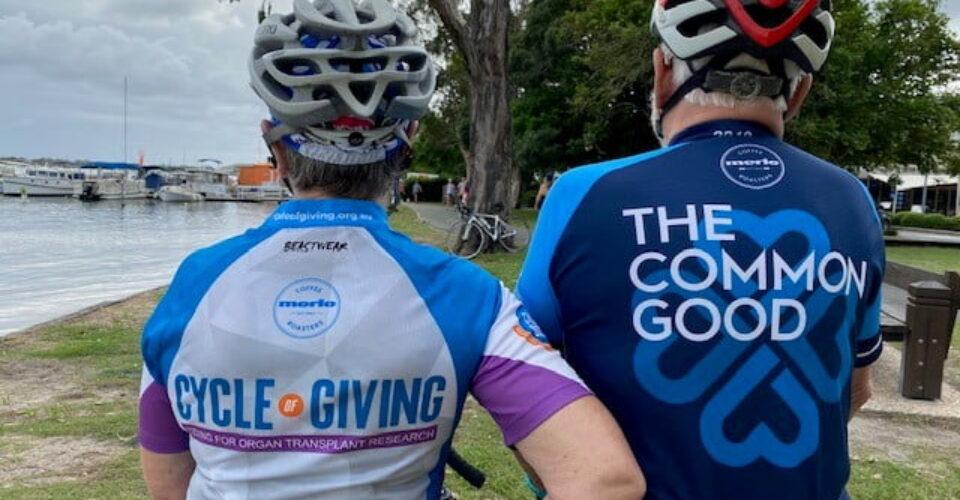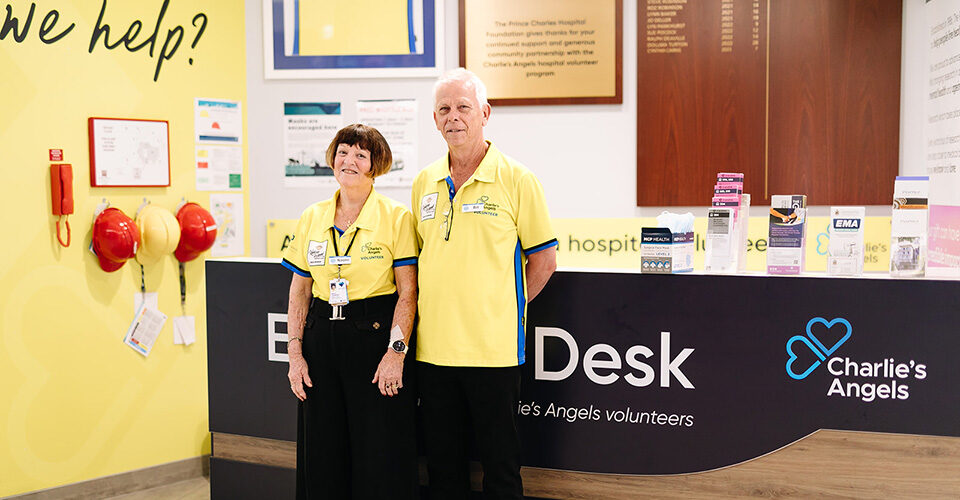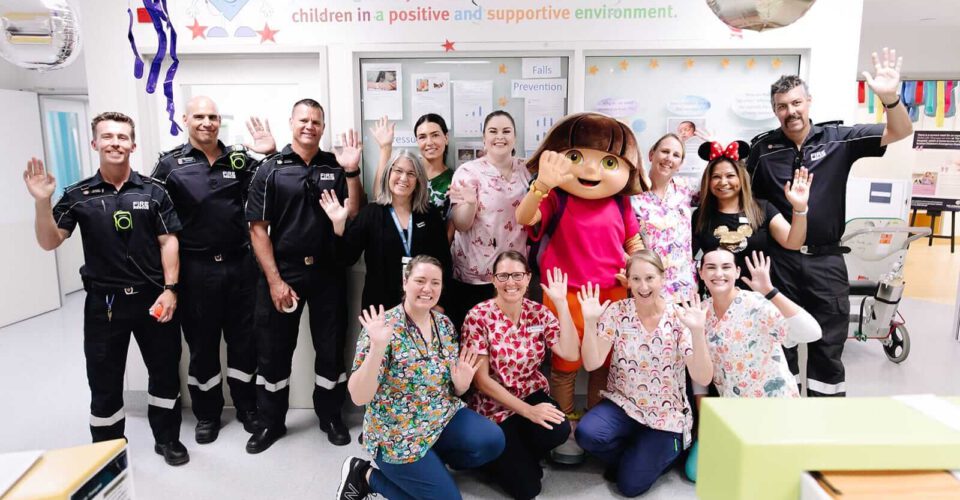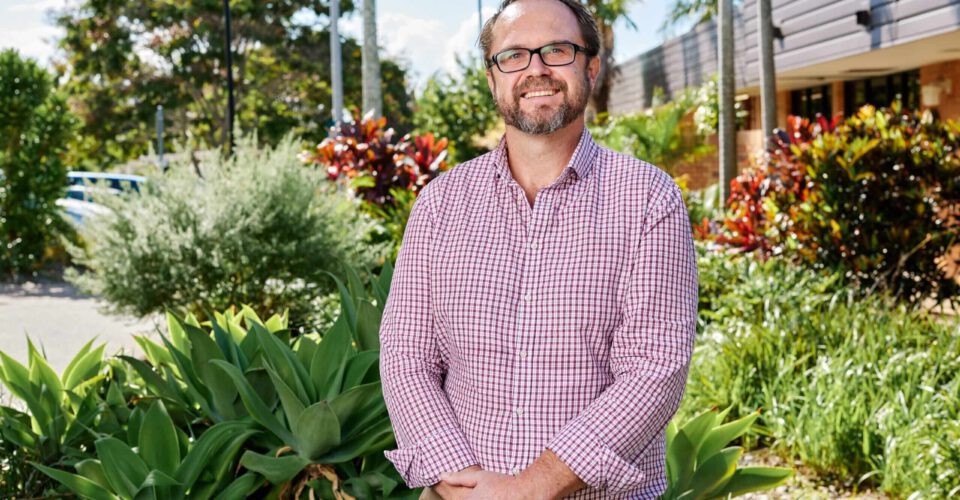What happens when a machine designed for saving lives ends in a mortality?
When a patient’s heart and lungs begin to fail, they are sometimes put on a treatment called extra corporeal membrane oxygenation (ECMO). These life-support systems are the last chance to help critically ill patients recover, as they help to pump blood and oxygen around the body. From infants to children and adults, these amazing machines have saved tens of thousands of lives worldwide.
However, there’s also a downside to these machines. For an ECMO treatment to assist with pumping oxygen and blood are a patient’s body, large tubes called cannulas are inserted into a the main veins and arteries. But at the present, there are no guidelines for keeping these tubes secure and because of this, they sometimes they fall out.
While intravenous drips falling out generally won’t cause any harm, an ECMO tube becoming dislodged can be fatal. ECMO machines pump blood around the body at a rate of several litres per minute. If these tubes don’t stay secure, sometimes stopping the bleeding is impossible.
A team of nurses from the Critical Care Research Group at The Prince Charles Hospital have decided to take action against this preventable problem. Rebecca Taylor, Tess Bull and Amanda Corley are surveying ECMO centres around the world to better understand the best way to manage securing these tubes. This will hopefully lead to new and improved guidelines for ECMO tubes that are clearly defined and separate from current general guidelines.
Working alongside this team is another young researcher, Jamaal Suby. Jamaal is looking at creating a device that stops these vital tubes from becoming dislodged. Thanks to your support, this device is already being tested in the Critical Care research labs!
Because of the tireless dedication of our nurses in research at The Prince Charles Hospital, a life-saving solution for a life-saving machine could be just around the corner!
Click here to read more about research into Hospital Care.
Support ground-breaking research today by making a donation to The Common Good.
